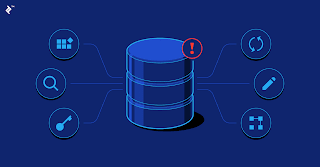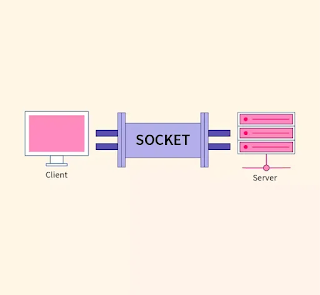DBMS - Database Management System
What is DBMS ?
DBMS Tutorial provides basic and advanced concepts of Database. Our DBMS Tutorial is designed for beginners and professionals both.
Database management system is software that is used to manage the database.
Our DBMS Tutorial includes all topics of DBMS such as introduction, ER model, keys, relational model, join operation, SQL, functional dependency, transaction, concurrency control, etc.
What is Database ?
The database is a collection of inter-related data which is used to retrieve, insert and delete the data efficiently. It is also used to organize the data in the form of a table, schema, views, and reports, etc.
For example: The college Database organizes the data about the admin, staff, students and faculty etc.
Using the database, you can easily retrieve, insert, and delete the information.
Database Management System
- Database management system is a software which is used to manage the database. For example: MySQL, Oracle, etc are a very popular commercial database which is used in different applications.
- DBMS provides an interface to perform various operations like database creation, storing data in it, updating data, creating a table in the database and a lot more.
- It provides protection and security to the database. In the case of multiple users, it also maintains data consistency.
Advantages of DBMS
- Controls database redundancy: It can control data redundancy because it stores all the data in one single database file and that recorded data is placed in the database.
- Data sharing: In DBMS, the authorized users of an organization can share the data among multiple users.
- Easily Maintenance: It can be easily maintainable due to the centralized nature of the database system.
- Reduce time: It reduces development time and maintenance need.
- Backup: It provides backup and recovery subsystems which create automatic backup of data from hardware and software failures and restores the data if required.
- Multiple user interface: It provides different types of user interfaces like graphical user interfaces, application program interfaces
Disadvantages of DBMS
- Cost of Hardware and Software: It requires a high speed of data processor and large memory size to run DBMS software.
- Size: It occupies a large space of disks and large memory to run them efficiently.
- Complexity: Database system creates additional complexity and requirements.
- Higher impact of failure: Failure is highly impacted the database because in most of the organization, all the data stored in a single database and if the database is damaged due to electric failure or database corruption then the data may be lost forever.
.png)





Comments
Post a Comment